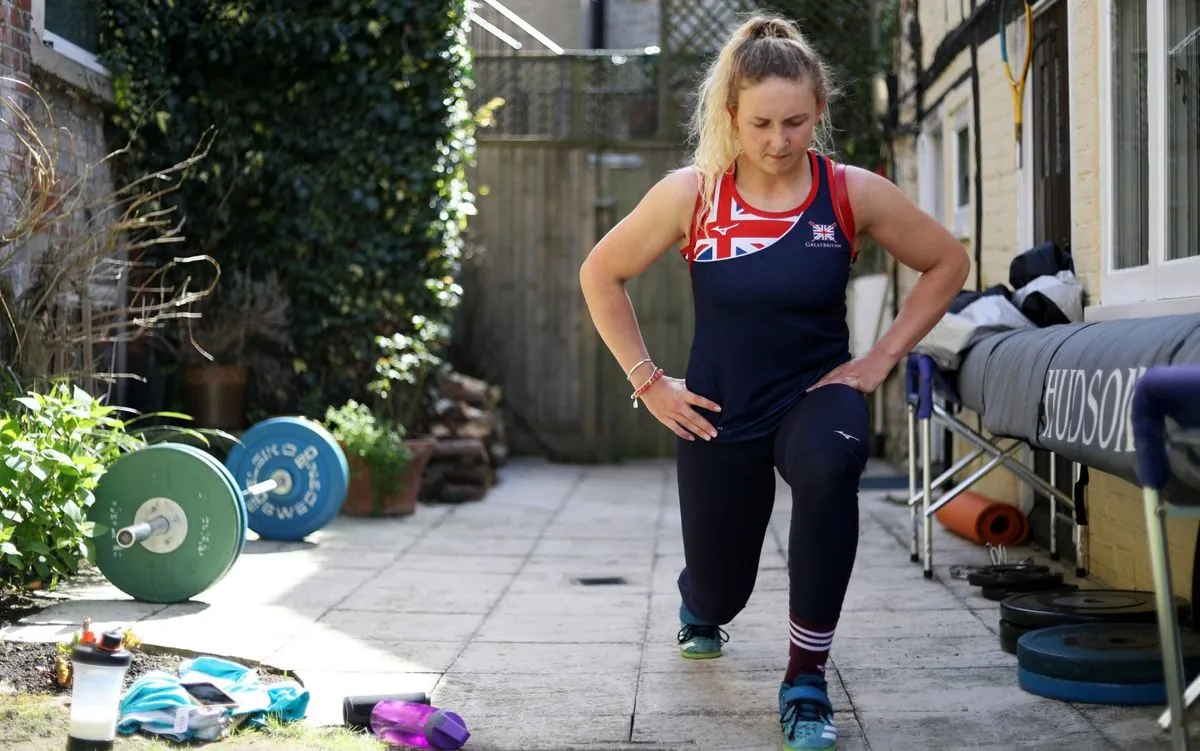Labour's VAT Plan Could Hinder Future Olympic Athletes, Warn School Leaders
Private school heads express concern over Labour's proposed VAT on fees, suggesting it may reduce sports opportunities and weaken Team GB. The policy's impact on athletic scholarships and community engagement is debated.

The potential implementation of Value Added Tax (VAT) on private school fees, proposed by the Labour Party, has sparked concerns among educational leaders regarding its impact on future Olympic athletes. This policy, if enacted, could significantly alter the landscape of sports development in the United Kingdom.
Recent analysis by the Good Schools Guide reveals a notable increase in the proportion of Team GB competitors educated at private schools, rising by 38% since the 2016 Rio Olympics. Over 100 British athletes participating in the 2024 Paris Olympics received their education at fee-paying institutions.
Several prominent Olympians have benefited from private school scholarships. Tom Daley, the accomplished diver, attended Plymouth College on a scholarship. Helen Glover, a two-time Olympic rowing champion, received a bursary to study at Millfield School. Duncan Scott, Britain's most decorated Olympic swimmer, was granted a scholarship to attend Strathallan School in Perth, which charges £9,760 per term.

Shaun Fenton, headmaster of Reigate Grammar School, where Labour leader Sir Keir Starmer studied, expressed concern that the proposed VAT policy could "weaken Team GB" by reducing the availability of bursaries for aspiring athletes. He emphasized the importance of school sports in character development and preparing students for life's challenges.
"With a third of our Olympians being educated at an independent school, the education tax will weaken Team GB and will reduce opportunity for thousands who currently pursue their sporting dreams with bursaries or through using facilities at independent schools."
Gavin Horgan, headmaster of Millfield School, which has produced 137 Olympians since 1956, echoed these sentiments. He highlighted the unifying power of sports and the Olympics, expressing concern that the policy could limit their ability to offer transformational bursaries.
Private schools often play a crucial role in identifying and nurturing athletic talent from an early age. Grace Moody-Stuart, director of the Good Schools Guide, noted that these institutions offer discounted or free places to talented young athletes, providing them with access to top-tier facilities, experienced coaches, and comprehensive support systems.
Many private schools also engage with their local communities, offering access to their facilities. Millfield School, for instance, reported that 26,000 members of the public utilized their sports facilities in the past year.
The government maintains that ending tax breaks for private schools will help fund educational priorities, such as recruiting 6,500 new teachers. They do not anticipate significant effects on bursaries across the private school sector.
As the debate continues, the balance between generating revenue and maintaining opportunities for aspiring athletes remains a complex issue. The outcome of this policy could have far-reaching implications for the future of British sports and Olympic success.


































